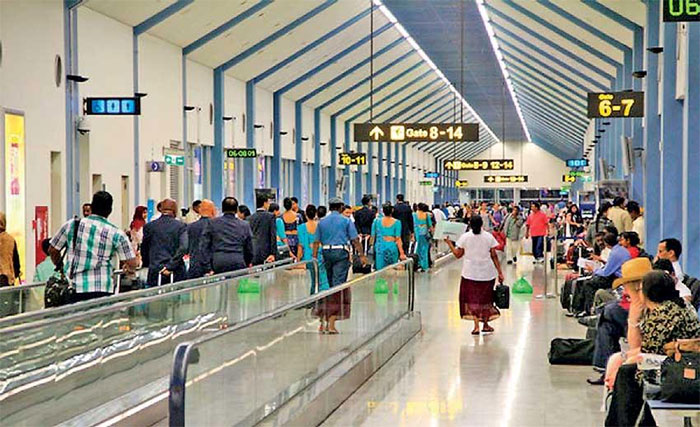
THE palm oil industry is taking a long-term view towards resolving the root cause of the deep-seated foreign labour dependence issue by investing in automation, says Malaysian Palm Oil Council (MPOC) chairman Datuk Larry Sng.
In doing so, it is leveraging Fourth Industrial Revolution technologies with the aim of balancing cost, while improving the yield and efficiency in terms of harvesting.
Palm oil players are trying to commercialise technology automation to harvest fresh fruit bunches – a task that is heavily labour-intensive currently.
“Harvesting is something that really requires human labour at the moment. That’s the biggest challenge.
“Different companies have different technologies that they’re exploring, which aren’t limited to the technology available or in development at the moment, including new harvesting materials or automation technology.
“That has not materialised as yet, but we’re very optimistic that over the next two to five years, we may see some progress in that area,” he said.
More often than not, the obstacle in using these technologies is fitting them into the ‘last mile’, but companies are trying to fine-tune existing technology for that too.
Not only would there be a steep decline in the demand for foreign labour, costs can also be reduced, while efficiency and productivity can be boosted.
“It would also address certain issues regarding forced labour that may arise due to the sheer demand for labour.
“We may not need to use foreign labour as much, and such roles can be replaced with the local labour force if the technology is available,” he added.
At present, the palm oil industry reports a severe lack of 120,000 workers as it competes against other industries such as manufacturing and construction in securing foreign labour.
Sng noted that while the government “is on the ball in this matter”, the issue spans across a few ministries and will thus take a concerted effort from all parties to ensure the country can bring in foreign workers and put in the necessary safeguards to protect their interests here.
On MPOC’s part, it is looking at areas that may be of keen interest to the industry, beyond the scope of what it has done thus far in promoting the market expansion of Malaysian palm oil and related products.
This includes exploring automation technologies available in other countries such as robotics that can potentially help the industry.
Another pressing issue that MPOC has been addressing is the Trafficking in Persons Report, with Sng stressing that it does not reflect the realities on the ground and has resulted in the Withhold Release Orders (WROs) issued by the US Customs and Border Protection agency on several Malaysian palm oil companies.
He explained: “The position we’ve taken before is that these issues should be handled by the companies themselves, but of late, we’ve been taking an alternative approach because we feel that the issue of WROs can be interpreted as an industry ban, because the implications are there.
“American buyers would take a risk-averse stance to not buy Malaysian palm oil, and that would affect the industry as a whole. We have to look beyond our traditional boundaries in how we address these issues.”
For comparison, there has been a 50% decrease (approximately 260,000 tonnes) in palm oil exports to the United States last year, as opposed to roughly half a million tonnes exported previously.
Moreover, MPOC will also be taking a different approach in getting more engagement and assistance – in terms of representatives from the private sector – to help it lobby and engage with American and European lawmakers, so that the issue of legislation can be addressed more effectively.
“It is something we seriously need to look at, simply because the challenges we face today are more difficult to handle, especially if you look at the European legislative environment and issues such as forced labour and biofuels.
“It’s an ongoing process that will not be resolved in the short- to mid-term.
“We need to invest in engagement in America and Europe with a long-term view,” he said, adding that the key is in ensuring that these stakeholders understand the Malaysian palm oil supply chain.
He said Malaysian palm oil is also in “a very fortunate position” as prices are at a record high with demand offsetting supply due to several factors, despite price fluctuations that should soon stabilise.
“We will continue to focus on Asean, particularly the Philippines and Vietnam, as well as the Asia Pacific region including India and China, not forgetting Europe where we have a few issues we need to resolve. There’s also a huge market increase in the Middle East and Africa,” added Sng.
In terms of branding, the way forward is through the Malaysian Sustainable Palm Oil (MSPO) and the Roundtable on Sustainable Palm Oil certifications, as they address all aspects related to the environmental, social and governance considerations for the palm oil sector.
MSPO is the only government-mandated scheme that has been made mandatory for the industry.
“It’s now a matter of getting other governments to recognise it and to do so, a lot of government-to-government engagements need to be done,” said Sng.
Source: Turning to automation to ease foreign labour dependency | The Star




